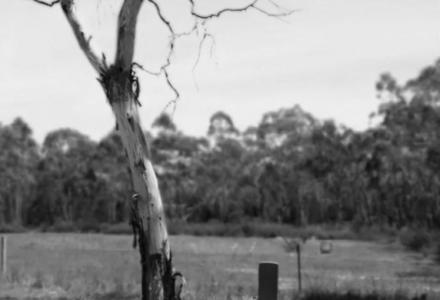Dennis Hauenstein was repatriated home soon after the war ended. Suffering from rheumatic fever, jaundice, and shrapnel wounds, the former stretcher-bearer found it hard to get work. ‘Paddy’, as he was called, took up rabbiting, building, and painting. Though always ‘a trier’, he was struggling.
By February 1923, Paddy had been six months without work. His wife and their four children suffered for want of food. He was being chased for debts he owed all around town and the banks closed on him.
At wit’s end, Paddy attempted to rob the local Government Savings Bank. The manager, a returned serviceman like himself, resisted. Paddy bolted out of the building and fled. The police apprehended Dennis Hauenstein near the Canterbury Racecourse. He offered no resistance. But prior to his arrest, Paddy had swallowed poison: ‘It is all over’ he told his captors, ‘ … say good-bye to the wife and children for me … do not try to save me’.
Paddy’s crime and his death shocked the community. And most didn’t blame the young father for breaking the law. Paddy had done what his country had asked of him. All he wanted in return was a decent day’s work.
Dennis Hauenstein’s story reminds us of the hardships many veterans faced on their return to Australia. Contrary to what they’d been promised, this was not a land fit for heroes.



